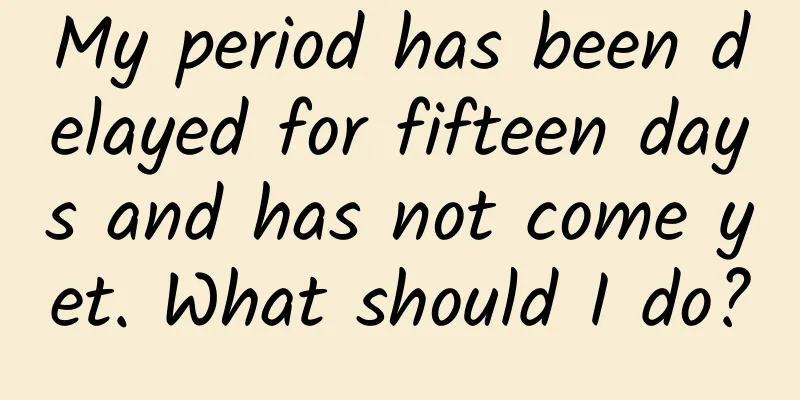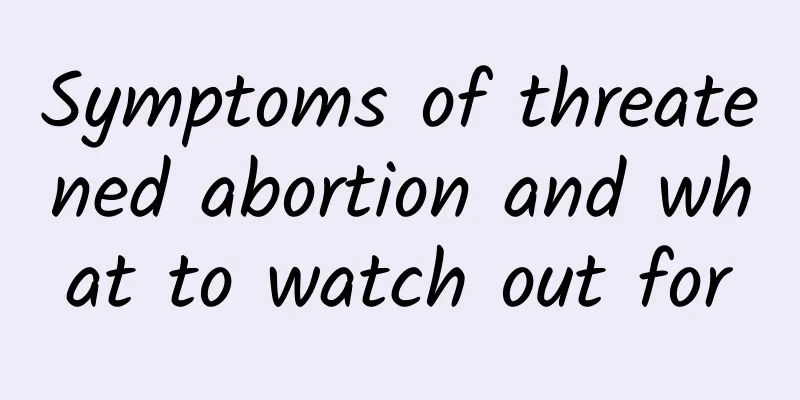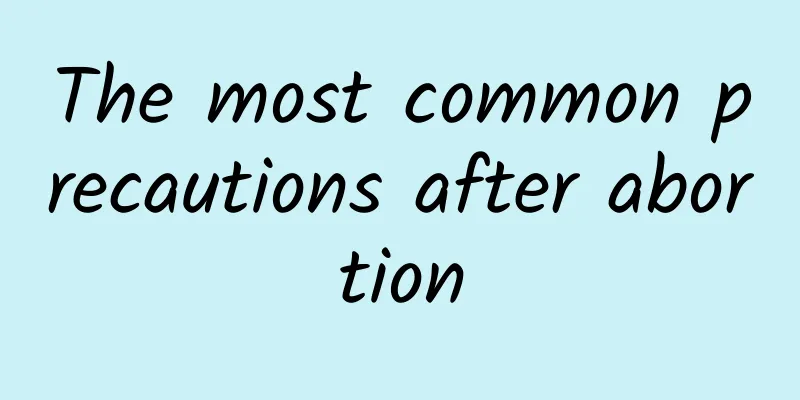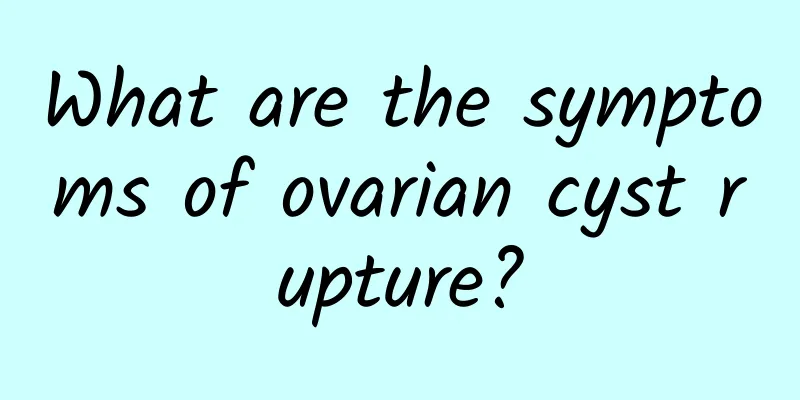What should women do if they have pelvic inflammatory disease and low back pain?
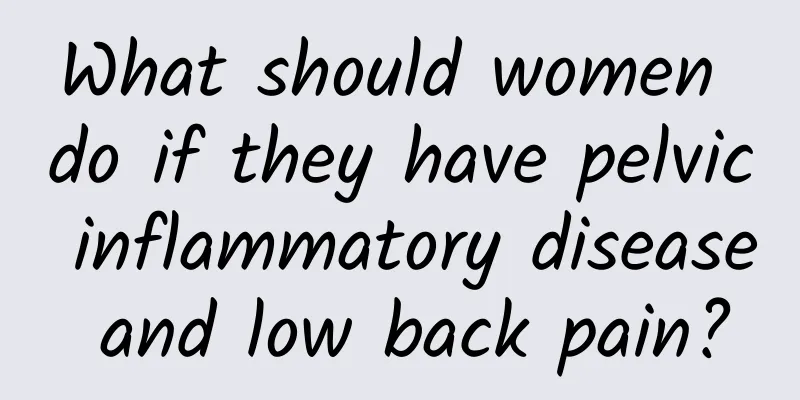
|
What should women do when they have back pain due to pelvic inflammatory disease? Pelvic inflammatory disease is a common female disease, which causes great harm to female friends. If symptoms are not treated in time, it will cause many complications. Pelvic inflammatory disease can lead to fallopian tube ovarian abscess, ectopic pregnancy, etc. Some female friends will still have back pain after suffering from pelvic inflammatory disease. What's going on? What should women do when they have back pain due to pelvic inflammatory disease? The following experts will give you a detailed introduction to this issue. What should women do if they have pelvic inflammatory disease and low back pain? 1. The thickness of the mattress is moderate. The waist has a physiological curvature, so the mattress can be appropriately thickened and of medium hardness to allow the waist muscles to fully rest. 2. Don’t wear shoes that are too high, as they can easily increase the fatigue of the waist. People who stand or walk for a long time should wear them as little as possible. At the same time, try not to wear low-waist pants during menstruation or breastfeeding. 3. Exercise the waist muscles. Walking backwards, yoga, jogging, etc. can all exercise the waist muscles. At the same time, you can also twist your waist frequently and do the swallow flying exercise on the bed before going to bed. For office workers who sit for a long time, you can do chest expansion exercises every once in a while every day (at this time, both elbows should be flat), as well as leaning back and pulling upwards. 4. During menstruation and childbirth, kidney qi will be damaged, so women should always pay attention to keeping their waist warm. For example, during the confinement period, you should wear long clothes to protect your waist to avoid waist pain caused by confinement disease. 5. Regulate and replenish kidney yin. If you have excessive menstrual flow, frequent waist pain, and low libido, you should regulate your kidneys in time. Women should replenish kidney yin and enhance resistance. You can eat more kidney-replenishing foods, such as wolfberry, yam, longan, and walnut. You can also often take some Chinese patent medicine: Liuwei Dihuang Pills. The above content is the introduction of medical experts on "What should women do if they have pelvic inflammatory disease and low back pain?" The above content is for reference only and is not used as a basis for diagnosis or treatment. If you need more detailed information, please click online to consult an expert, who will give you a detailed answer! Pelvic inflammatory disease http://www..com.cn/fuke/pqy/ |
<<: What are the causes of pelvic inflammatory disease?
>>: What are the dangers of pelvic inflammatory disease in women?
Recommend
Incorrect weight loss can easily lead to edema: drink high-fiber soy milk before meals
If you eat right, you can lose weight; however, i...
What does a woman check for with ultrasound after an abortion? Four abnormal conditions that women should be alert to after an abortion
After a woman has an abortion, the doctor will te...
It is very important for patients with pelvic inflammatory disease to get more rest
It is very important for patients with pelvic inf...
How to care for uterine fibroids How to care for uterine fibroids
What should be paid attention to in postoperative...
What are the factors that cause vulvar leukoplakia?
Vulvar leukoplakia, what is vulvar leukoplakia? W...
Expert introduction: Symptoms of bacterial vaginosis
Generally speaking, it is difficult for patients ...
Adnexitis is caused by women not paying attention to menstrual hygiene.
Adnexitis is a disease that many women suffer fro...
What should I do after discovering uterine fibroids?
Uterine fibroids are benign tumors that grow in a...
Bacterial vaginosis treatment tips
Everyone is familiar with bacterial vaginosis. Ba...
Don’t eat after exercise! Supplement protein within 1 hour to help burn fat
I dare not eat after exercise, for fear that the ...
Four manifestations of symptoms of uterine adnexitis
What are the symptoms of adnexitis? The prerequis...
How will the symptoms of chronic cervical hypertrophy change?
Clinically, cervical hypertrophy is a very common...
Eat right and lose weight, the metabolic balance diet is popular! German medical doctor reveals: 5 principles to reorganize metabolism and regain slimness
How to eat to lose weight? A German medical docto...
What are the symptoms of benign uterine fibroids and what types of surgeries are there for uterine fibroids?
With the continuous development of society, many ...
How are ovarian cysts formed? What are the main symptoms?
How are ovarian cysts formed and what are the mai...



